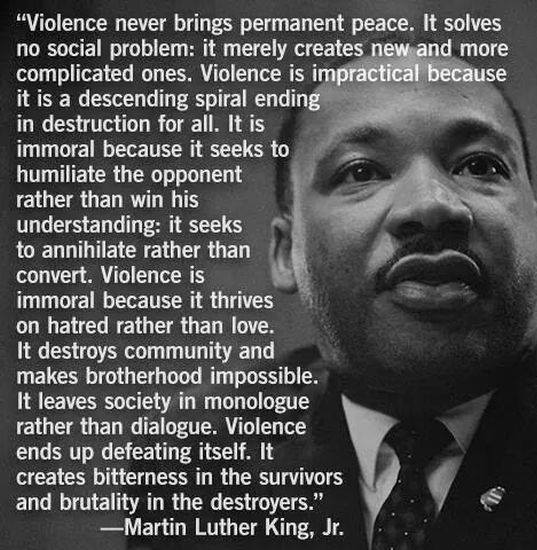Hip-Hop’s Huge Problem With Iggy Azalea Just Blew Up — And She Completely Deserves It, Tom Barnes, Mic, December 22, 2014
It turns out many people in the hip-hop community feel that Azalea is actively working against black interests because she appropriates traditionally black styles and totally divorces them from their political content. That’s why rapper Tyler, The Creator, A Tribe Called Quest’s Q-Tip and R&B singer Solange Knowles all came to [Azealia] Banks’ defense, thanking her for speaking openly and passionately about the issue of cultural appropriation. Kreayshawn also stepped up to the plate, accusing Azalea of ignoring racism in her home country as well as in America.
But it was New York-raised hip-hop legend Q-Tip who had the most inspiring response — he gave Azalea a full hip-hop history lesson in 40 tweets.
***
Hip-hop is always political. Q-Tip took the Twitterverse all the way back to hip-hop’s very beginnings. He described the conditions black people were living under in 1970s New York, which hip-hop sought to address. He cited Vietnam, the rampant drug trade in New York’s ghettos and their crumbling school systems. These factors, crippled children’s support structures, “emasculated” their parents and forced children to turn to the streets and gangs for support.
But thankfully, hip-hop was born. With it, youth found a direction, and a way to channel their energies in a positive direction.
***
It may seem mean, but she completely deserves it. Azalea has been manipulating hip-hop culture for her own gain, and she cares not at all for the broader hip-hop community or the music’s place in our culture.
[Emphasis in original.]
The propagandists have won: What Fox News and the pornography revolution have in common, Janine R. Wedel, Salon, December 21, 2014 Continue reading


